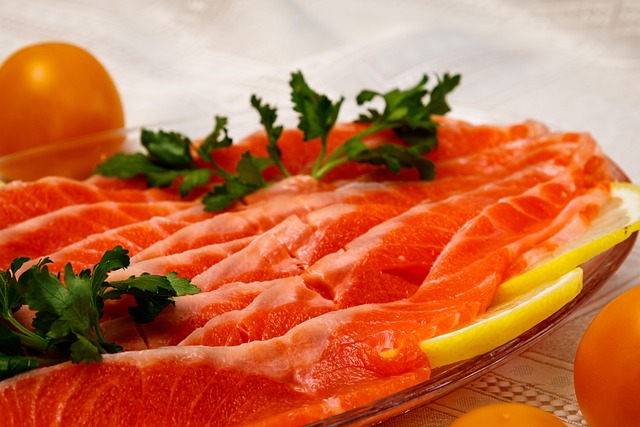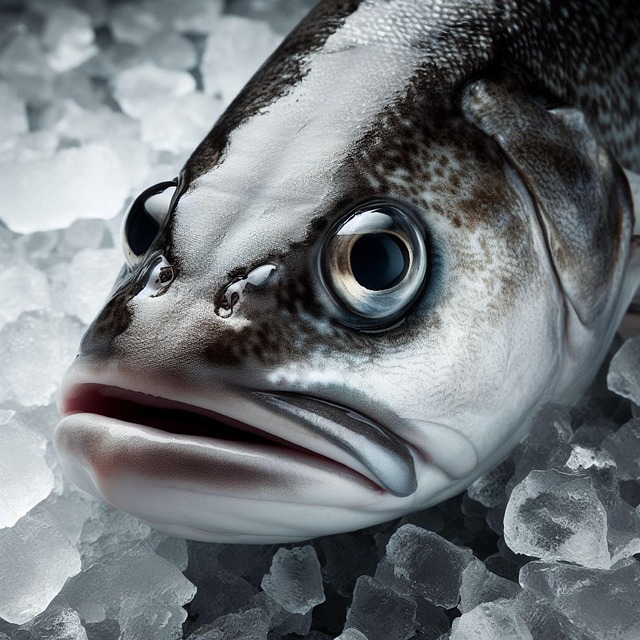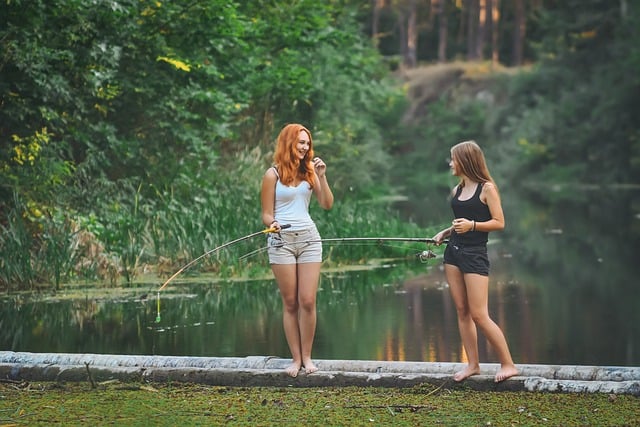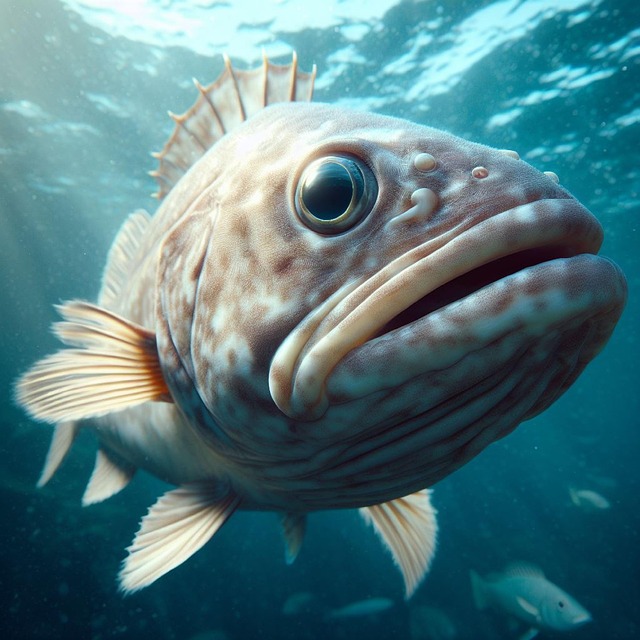To catch trout effectively, understand their habitat preferences (clear water with cover) and behavior, employ techniques like drift or fly fishing, and time your trip for cooler temperatures (early morning/afternoon). Master these Trout Fishing Tips for successful river trout fishing by adapting methods to various river conditions and seasons.
Dive into the world of river trout fishing with our comprehensive guide, offering valuable trout fishing tips for both novice and experienced anglers. Discover the best times and locations to catch these elusive freshwater fish, mastering various techniques to maximize your success in navigating the currents. Once caught, learn the art of pre-cleaning and preparation tips for fresh trout to ensure optimal freshness and quality. Explore diverse cooking methods and seasoning ideas, transforming raw river trout into delectable dishes that highlight their natural flavors.
- Catching Trout: The Right Techniques for River Trout Fishing
- – Understanding the best times and locations to catch trout
- – Different fishing methods for maximizing success
Catching Trout: The Right Techniques for River Trout Fishing
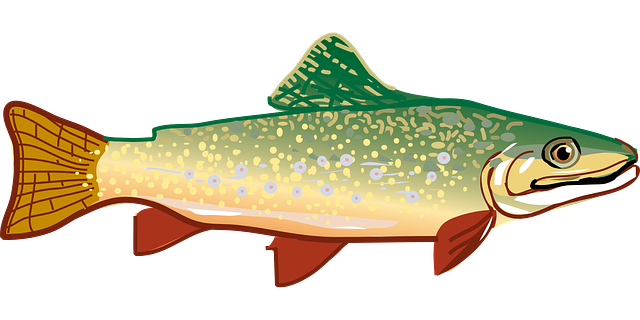
Catching trout involves a blend of skill and patience. For river trout fishing, understanding the habitat and behavior of your target species is crucial. Trout often reside in clear, well-oxygenated waters with abundant cover such as rocks, logs, and vegetation. Using the right trout fishing tips, like choosing appropriate bait or lures that mimic their natural diet, can significantly improve your chances.
Effective river trout fishing techniques include drift fishing, where you allow the current to carry your line downstream, presenting bait in areas of potential cover. Cast upstream a short distance, then let the current do its work. Another effective method is fly fishing, which involves using a lightweight line and specialized flies that imitate insects or small fish. This subtle presentation can be incredibly effective in catching trout. Remember, practice makes perfect, so keep trying and refining your techniques until you master river trout fishing.
– Understanding the best times and locations to catch trout
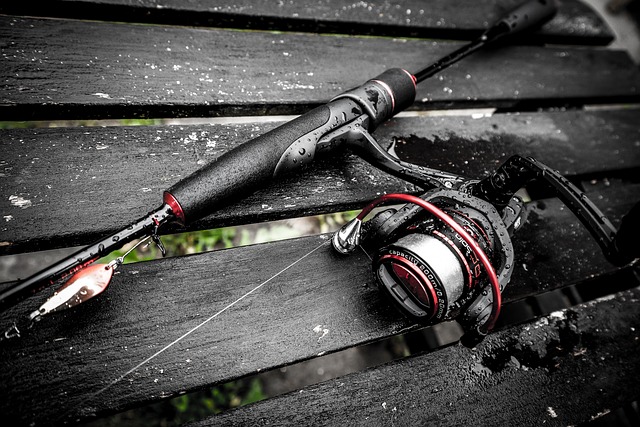
When it comes to catching trout, timing and location play a crucial role in your success. The best times to target river trout fishing are generally during the early morning or late afternoon hours when the water is cooler. Trout are more active in these temperature ranges, making them easier to catch. During summer months, you might find them deeper in the river where the water remains colder. In spring and autumn, when the weather is milder, they can be found in shallower areas.
Choosing the right location is equally important. Look for deep pools, current breaks, and riffles as these spots often hold trout. Rivers with abundant vegetation or undercut banks provide ideal hiding places, making them prime hunting grounds. Keep an eye out for rising trout, which indicate their presence, and be prepared to adjust your fishing techniques accordingly. Remember, successful trout fishing tips include understanding the river’s ecosystem and adapting your approach to ensure a productive catch.
– Different fishing methods for maximizing success
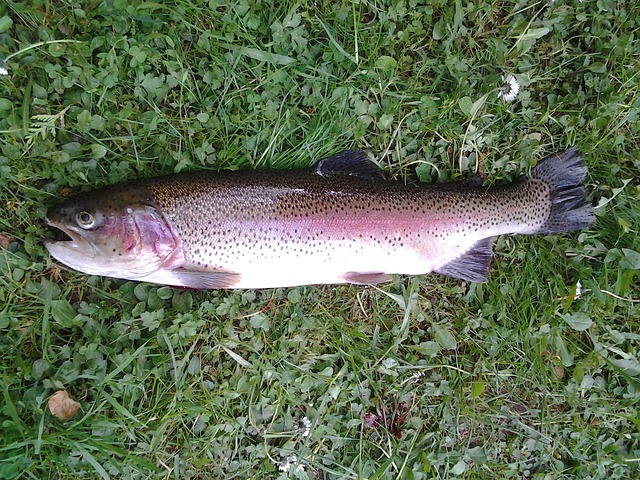
Maximizing your success in catching trout involves understanding different fishing methods tailored to various environments and conditions. For instance, river trout fishing requires a keen awareness of current and water depth, using techniques like drift fishing or casting into eddies and pools. Drift fishing involves allowing your bait or lure to be carried downstream by the current, making it ideal for covering large areas quickly. In contrast, casting into specific features like riffles, runs, and pools offers more precise targeting.
Knowing when and where to fish is key. Trout are often most active during early morning and late afternoon hours when water temperatures are cooler. They tend to inhabit deeper waters in summer and move to shallower areas during spring and fall. Incorporating these trout fishing tips can significantly enhance your chances of catching a bountiful supply of this delicious freshwater fish.
Cleaning and preparing trout properly is key to ensuring a delicious culinary experience. After mastering the art of catching trout using effective river trout fishing techniques, remember to handle your catch with care. Rinse the fish gently, remove any scales or bones, and opt for simple seasoning to let the natural flavors shine through. With these trout fishing tips in mind, you’re ready to create a mouthwatering meal that showcases why river trout fishing is a true enthusiast’s delight.
